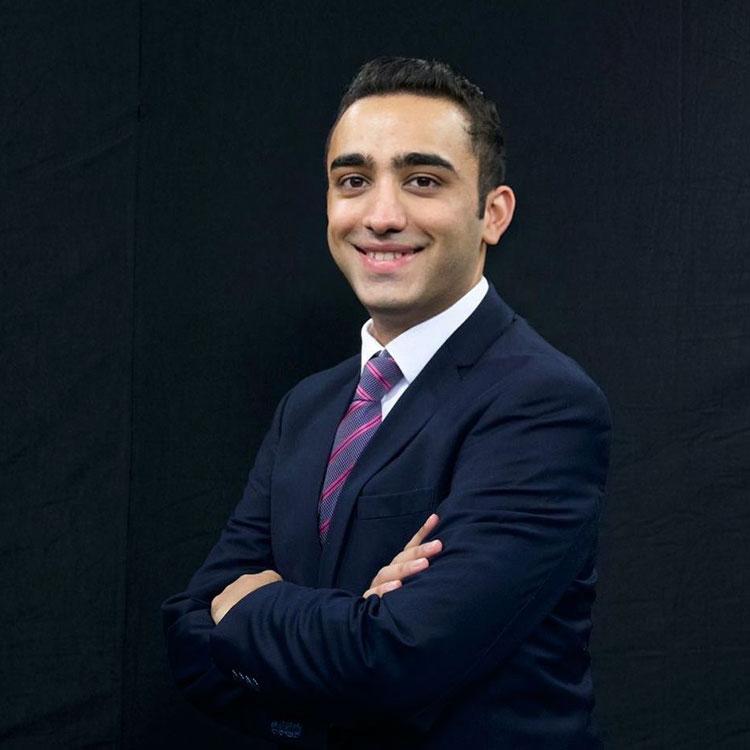
B.L.S.; LL.B. (Government Law College, Mumbai)
LL.M. (Harvard University)
Associate Professor
| sidharthchauhan@jgu.edu.in | |
| Connect with me | |
| ORCID ID | 0009-0002-1930-5288 |
| Key Expertise | Competition Law, Corporate Law, Law and Technology |
B.L.S.; LL.B. (Government Law College, Mumbai)
LL.M. (Harvard University)
Sidharth Chauhan is an Associate Professor and Associate Dean (Academic Affairs) at Jindal Global Law School (JGLS), O.P. Jindal Global University. He read law at Harvard Law School (LL.M.), where he focused on corporate, antitrust, and technology laws. While at Harvard, he received the Dean’s Award and worked as a research assistant at the Berkman Klein Center for Internet & Society.
Sidharth completed his first law degree (B.L.S., LL.B.) with First Class Honours from Government Law College, Mumbai. Before joining academia, he worked in the corporate law practice of Shardul Amarchand Mangaldas & Co. and the competition law practice of WilmerHale, gaining experience in leading corporate transactions and global antitrust matters.
He has taught short-term courses at several leading institutions. Notably, he taught a course on Indian Competition Law in the Digital Economy with a comparative focus on the EU and India at the University of Gdańsk, Poland, fully funded by the Erasmus+ Scholar Programme. He is also a Board Member of the Indian chapter (2025) of the George Washington Competition & Innovation Lab, a research institution for pioneering ideas in the realms of market innovation and competition.
At JGLS, Sidharth teaches courses in corporate law, competition law, and technology regulation. He specialises in practice-oriented courses that bridge the gap between legal education and the demands of corporate legal practice, equipping students with the knowledge and skills essential for law practice. His research interests lie at the intersection of corporate governance, competition/antitrust law, digital platforms, and emerging technologies.
Merger Control in India - A Practitioner's Perspective (Core)
Corporate Governance in India (Core)
Law of Banking (Core)
A Practitioner's Approach to Competition Law in India (Elective)
Competition, Business and Markets (Core)
Financial Institutions, Markets and Services (Core)
'The Dean’s Award' awarded by Harvard Law School (2021)
'Sir Dinshah Mulla Legal Writing Award’ awarded by Mulla & Mulla & Craigie Blunt & Caroe in association with GLC (2015, 2016 and 2017)
'Purvez Bilimoria Global Award for Legal Excellence'; Awarded to the top 4 candidates globally for legal excellence in academics and co-curricular activities (2020)
Visiting Faculty, University of Gdansk, Poland (Fully funded by Erasmus+ Programme) [2023]
| sidharthchauhan@jgu.edu.in | |
| ORCID ID | 0009-0002-1930-5288 |
| Key Expertise | Competition Law, Corporate Law, Law and Technology |